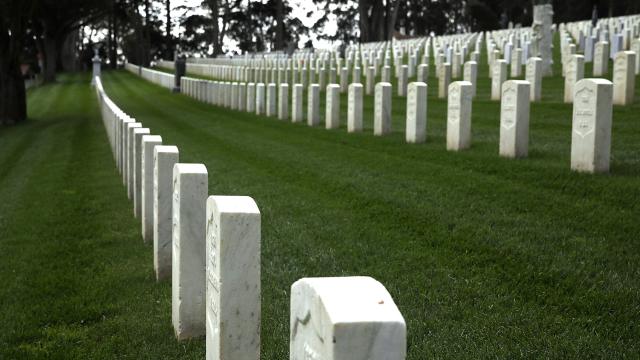The Evergreen state has become even more, uh, evergreen. Washington passed a law in 2019 allowing people to turn themselves into compost after death. This month, the first officially licensed human composting company opened its doors to help citizens meet their maker in a more environmentally friendly manner.
Recompose, whose founder helped drive the law into existence, is one of a small handful of green death companies licensed in Washington state and the first to offer its services. The company is the first to be certified by the state to break down your body into organic fertiliser. The company’s process involves sealing a body into a capsule with plant matter; microbes then break it all down over the course of about 30. The end result is about a cubic metre of compost — roughly the equivalent of a pickup truck load — which can either be donated to a nature reserve on Washington’s Bells Mountain or given back to a family member or loved one in its entirety. (In the case of donation, the company sends a 1,814.37 g container of your composted remains to the person of your choosing.)
In addition to Recompose, two other companies have been certified by the state in recent months to usher you into the afterlife. Herland Forest, a green burial cemetery, is still prepping for its first arrival, while Return Home is slated to open next year.
Death is a dirty business, and traditional burial is an environmental catastrophe: The U.S. buries an estimated 5.3 million gallons of toxic embalming fluid annually, to say nothing of the resources used to make gilded caskets you slowly turn to soup in. Cremation cuts down on the fluid- and casket-relatd resources, but it results in carbon pollution; each cremation emits as much as a car on 500-mile road trip. The ashes are also alkaline and can damage soil.
In comparison, composting is a solution that allows people’s dying legacy to live on. It saves roughly one metric ton of carbon pollution between avoiding the cremation process and contributing to the soil that can sequester carbon pollution and foster life. The lack of harmful chemicals like formaldehyde is also a huge plus.
If it sounds very circle of life-y, well, it is. Modern life has separated our connection to the natural world, including death. We’re living with the consequences every day, from the climate crisis to the pandemic, which has roots in our frayed relationship with the natural world. Rekindling our relationship with the planet that has sustained us is essential to the survival of humanity.
One state building out its green burial practices obviously isn’t going to tip the scales on its own. But, if other states follow suit, it could be the start of a movement that could have material impact.
